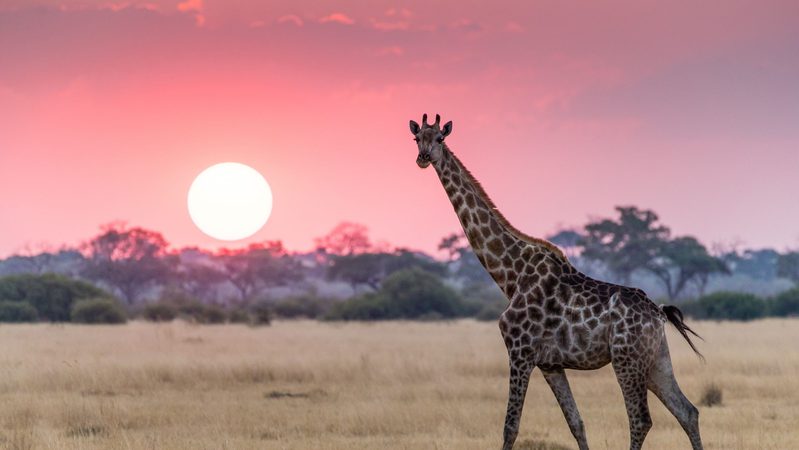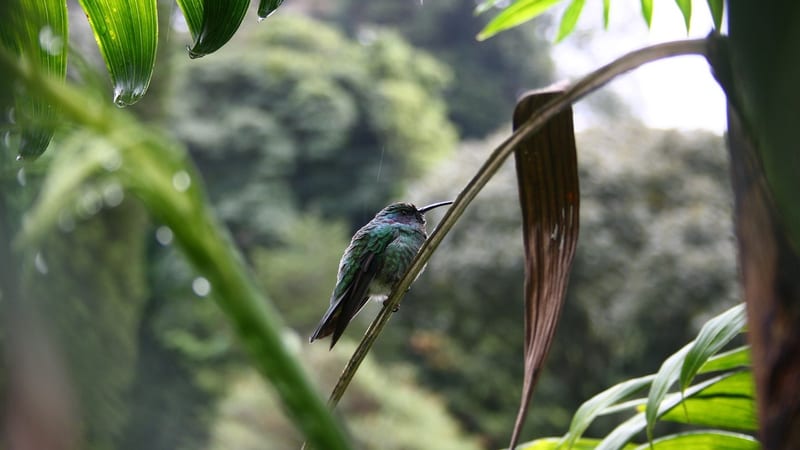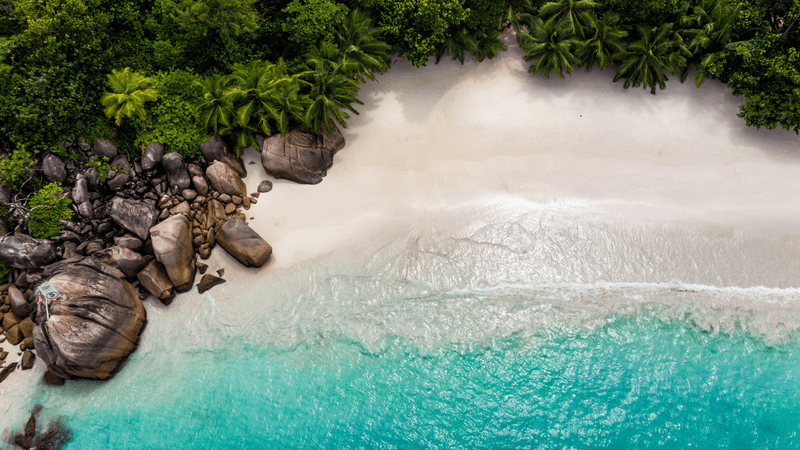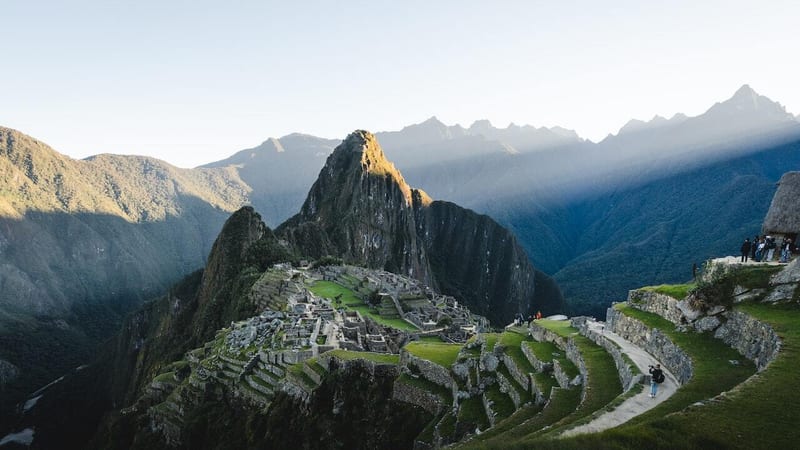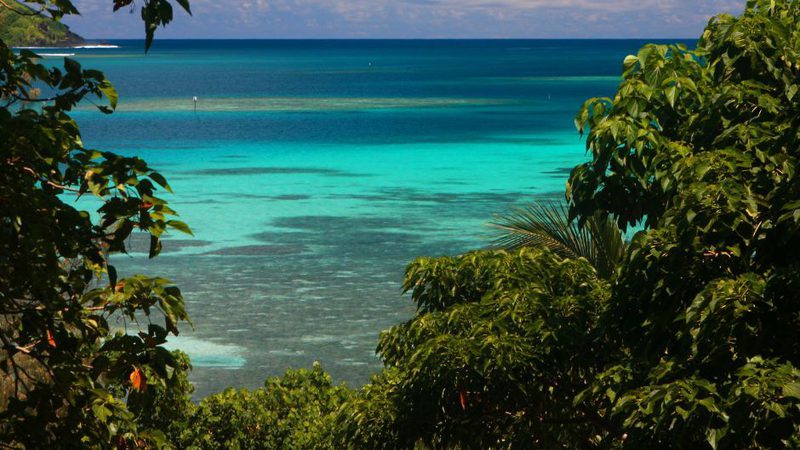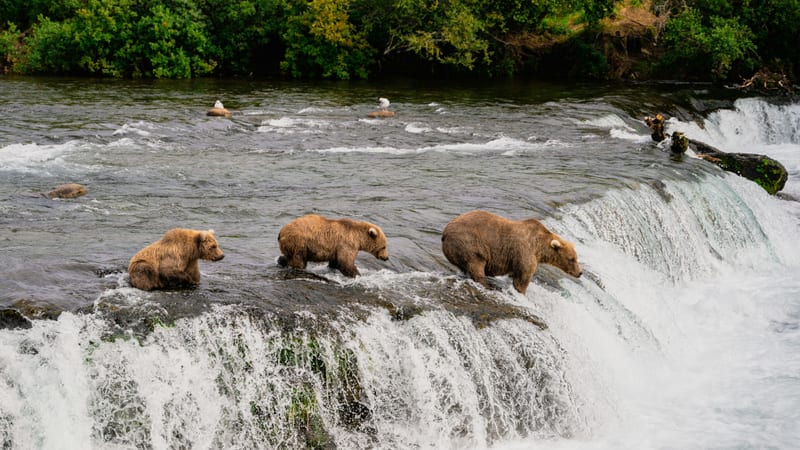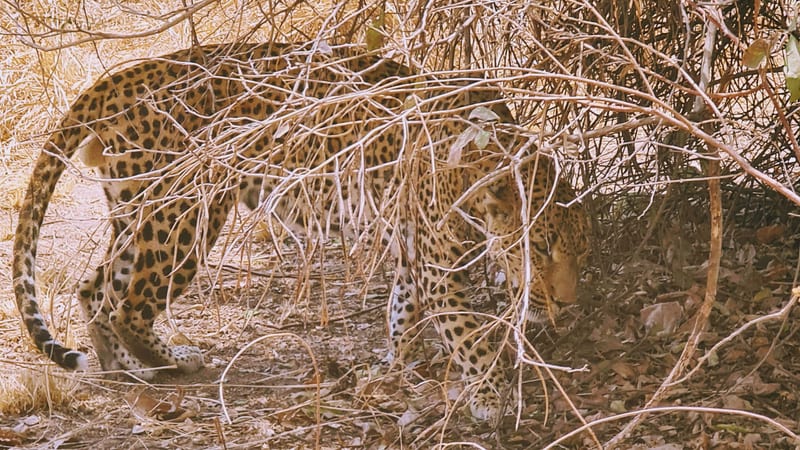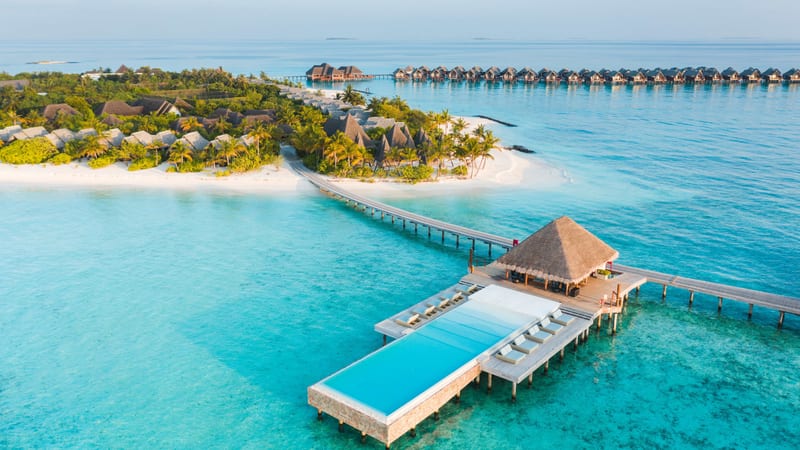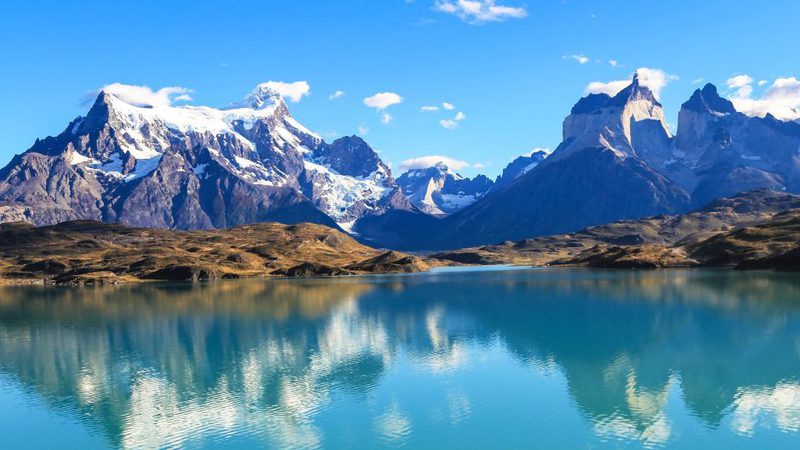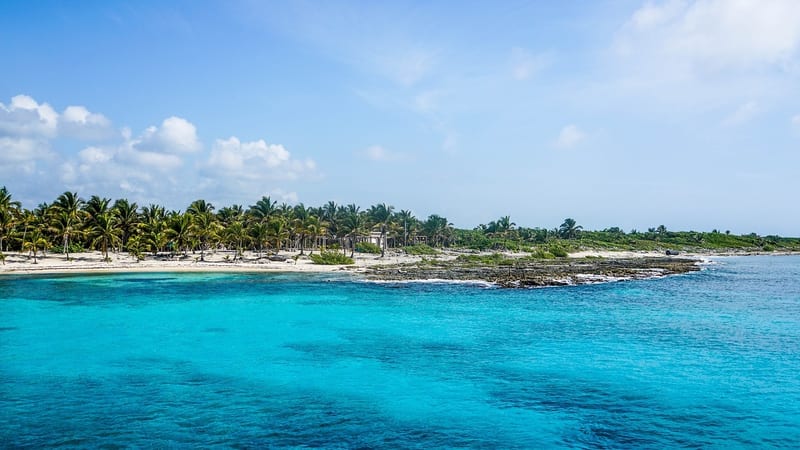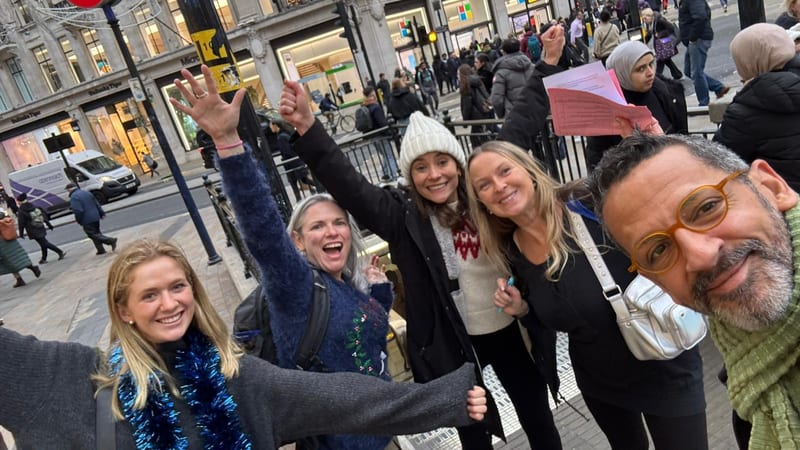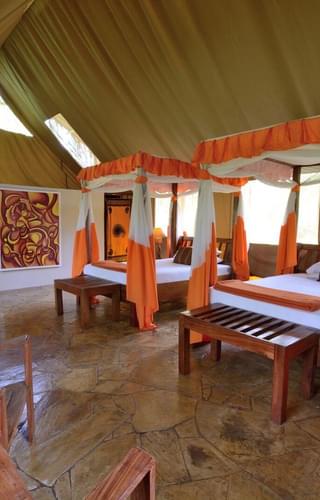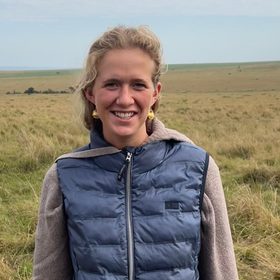Nestled and hidden away in jungle greens, Selous Kulinda Camp is the perfect place for those seeking peace and seclusion
Location: Selous Kulinda Camp is set right on the banks of the Rufiji River in Nyerere National Park - one of Tanzania's largest and most ecologically diverse protected area. This southern region is still wonderfully unexplored, and Kulinda;s location offers direct access to the water, wide-open views across the floodplains, and easy reach to excellent game-viewing areas. You'll likely arrive by light aircraft into Mtemere Airstrip, just a short drive from camp, and feel immediately immersed in nature. The camp's riverfront setting means wildlife regularly wanders past - from elephants coming to drink to hippos and crocs basking below - so there's a real sense of being part of the landscape, not just passing through it.
Rooms: The camp offers a mix of well-spaced canvas tents and elevated suites, each with a private verandah facing the river. Inside, rooms are simply but comfortable, with large beds, en-suite bathrooms, and a natural, earthy design that complements the surroundings. You'll find ceiling fans and mosquito netting, along with hot running water and flush loos - nothing flashy, but perfectly functional for a classic safari stay. The elevated suites have a little more space and a touch more polish, ideal for those wanting something a bit more refined. Overall, it's a relaxed, low-key atmosphere that feels in tune with the environment.
Amenities: The central area is laid-back and inviting, with a dining space, lounge, and bar all overlooking the Rufiji. There's a small pool - a welcome treat in the heat of the day - and plenty of space to relax between activities. Meals are generous and freshly prepared, with friendly staff on hand to accommodate dietary needs or flexible timings. The campfire is a nightly ritual, with drinks, storytelling, and the sounds of the bush all around. While the amenities aren't ultra-luxurious, everything is done with warmth and care, and ten service feels genuine and attentive throughout your stay.
Activities: What really sets Selous Kulinda Camp apart is the variety of activities on offer. You can head out on traditional game drives, but also enjoy boat safaris along the Rufiji, guided walking safaris, and seasonal fishing - all thanks to Nyerere's unique regulations. Boat safaris are a particular highlight, offering a completely different perspective of the park and a chance to see wildlife from the water, often with dramatic sunsets as a backdrop. Walking safaris are led by experienced guides and armed rangers, focusing on the smaller signs of life that vehicles might miss. It's a diverse and immersive experience, ideal for those looking to go beyond the standard game drive.
Sustainability: Selous Kulinda Camp operates with a light footprint, using solar power for lighting and water heating, and working to minimise waste and environmental impact. The structures are semi-permanent and blend well into the natural surroundings, ensuring minimal disruption to the land. Much of the team is employed from local communities, with a strong emphasis on training and capacity building, helping to ensure tourism benefits are shared locally. While it's not a flagship eco-camp, there is a genuine effort here to operate responsibly and protect the exceptional environment it's part of.
Best places to stay in Nyerere National Park
Nyerere National Park Trip Inspiration
When to visit Tanzania
Find out the best time to visit Tanzania with our month by month guide.
- Best
- Good
- Mixed
- Jan
- Feb
- Mar
- Apr
- May
- Jun
- Jul
- Aug
- Sep
- Oct
- Nov
- Dec
January
January is mixed when it comes to weather, temperatures rise whilst the chance of rain and humidity increases. It is still a good time to go, as the rates are lower yet the game viewing is still excellent.
- During this time migratory herds are in the Serengeti for calving season, meaning the Ndutu plains are busy.
February
The weather remains hot with a chance of rain in February.
- Meanwhile in the Ndutu Plains the migration is still occurring.
March
March is the calm before the storm, before heavy rains and humidity builds. Visitors can take great advantage of lower rates during the low season.
- Migrating herds start to leave Ndutu, heading West towards Grumeti.
April
April experiences continued periods of heavy rain, we would advise against travel due to the conditions.
May
During may there is periods of heavy rain, we would advise against travel due to the conditions.
June
June heralds the wet season, bringing lush green vegetation which can make spotting game more difficult. It is a particularly great time for birders as parks become populated by migratory birds especially in the South.
- Migration is still in the Grumeti area, heading north.
July
July is the start of peak season, temperatures reach up to 30 degrees and the surrounding land becomes drier and spotting game is becoming easier.
- The migration is in the Northern Serengeti moving towards Kenya.
August
August is peak season, with bush land drying out game spotting becomes much easier. If you want to experience Tanzania game at its best, August is the time to travel.
- The migration still remains in the north.
September
Peak season continues in September, the Northern circuit can be very busy, if you want to avoid crowds it's best to visit the southern parks.
- The end of the migration is still in the north with herds on both side of the Kenyan and Tanzanian borders.
October
Peak season continues into October with good game viewing in the Serengeti and southern parks.
- The migration has now crossed over into Kenya.
November
November is the start of the rainy season, the rains tend to be overnight so it is still a popular time to travel. During this month you can take advantage of low season rates.
- Migration crossing over into the Serengeti can be seen a the Tanzania and Kenya border.
December
Rains continue in December, whilst the temperature and humidity start to build. Venturing out on safari is generally good, with large game still easily spotted.
- Migrating herds in the north travel south back to Ndutu.
Speak to a Tanzania expert today
and start planning your tailor-made holiday

Alistair


